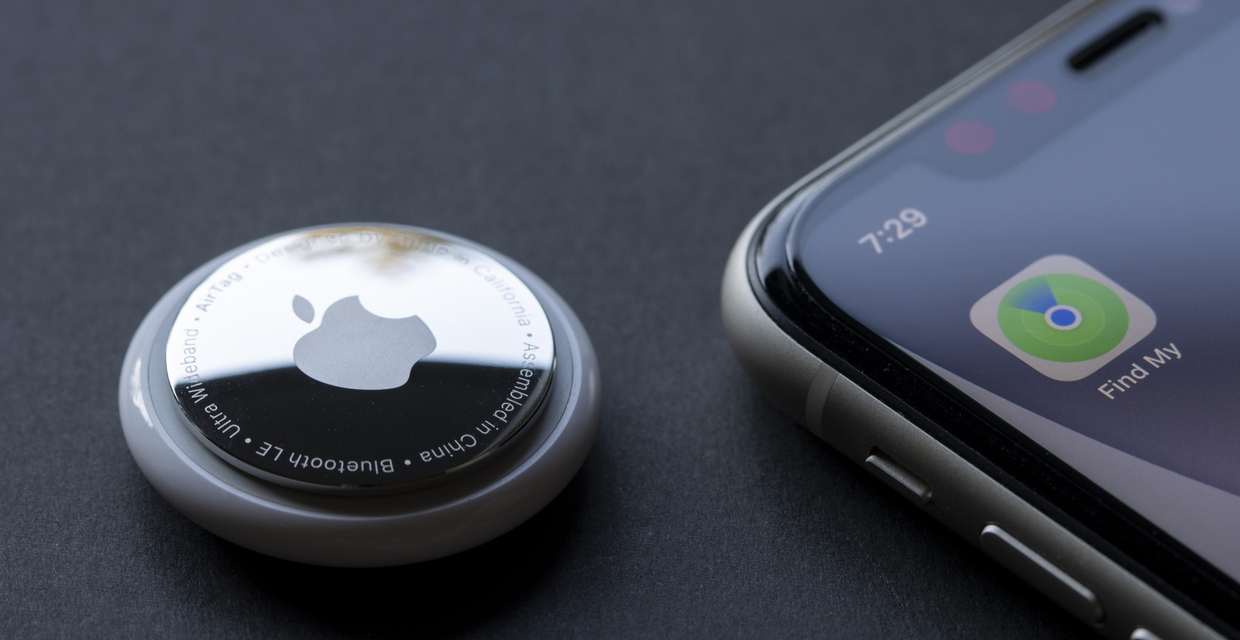In today’s modern world, cars have evolved into more than just a means of transportation. With advanced technological features, they have become “smartphones with wheels.” However, as our cars become increasingly connected, they also become repositories of personal data. From location tracking to monitoring driving habits, these vehicles collect a wealth of information about their owners. Unfortunately, this data can be exploited by abusive partners, who use it as a tool to control and harass their victims. In this article, we will explore how tracking and technology in cars are being weaponized by abusive partners, the challenges faced by victims, and the need for greater protection and privacy in the digital age.

The Invasion of Privacy
Most car owners are unaware of the extent to which their vehicles collect information and who has access to it. From cameras and seat weight sensors to records of braking and cornering, cars are constantly gathering data about their drivers. This data can include sensitive information, such as GPS location and even potentially “sexual activity,” as disclosed by some car manufacturers. The lack of awareness about this data collection poses a significant threat to privacy.
Jen Caltrider, a privacy researcher at Mozilla, highlights the misconception that cars are private spaces. Unlike computers, where one can cover a camera, the lack of control over data collection in cars leaves owners vulnerable. Once a car is purchased, and its privacy shortcomings are discovered, individuals are left with limited options for protecting their privacy.
Convenience Features Turned Weapon
Car manufacturers have introduced smartphone apps that offer convenience features, allowing owners to remotely access and control their vehicles. These apps enable functions such as locating a parked car, locking and unlocking the vehicle, and even starting or stopping the engine. However, these very features intended for convenience have been weaponized by abusive partners.
Domestic violence experts have observed that controlling partners exploit these apps to track and harass their victims. This situation becomes particularly complex when the victim is a co-owner of the car or not named on the title. Victims find themselves unable to cut off their abusers’ digital access to the vehicle, even with restraining orders and legal proceedings.
Real-Life Stories of Abuse
Christine Dowdall, a victim of domestic abuse, experienced firsthand how car tracking technology can be used against someone. After leaving her abusive husband, she noticed a strange message on her Mercedes display, indicating the presence of a location-based service called “mbrace.” Unbeknownst to her, her husband was using the Mercedes Me app to track her movements. Despite her attempts to remove his digital access to the car, Mercedes representatives informed her that her husband, as the customer, would retain control.
In another case, a woman filed a lawsuit against her husband and Tesla, claiming that he used the remote access to their shared Tesla Model X to harass her. The car’s lights and horns would activate in parking garages, and the climate control would be manipulated to make her uncomfortable. Despite the victim’s attempts to have her husband’s access revoked, Tesla did not respond effectively.
The Need for Solutions
Law enforcement officials and domestic violence experts stress the urgent need for car manufacturers to address this issue and provide solutions. Detective Kelly Downey of the Bossier Parish Sheriff’s Office, who has dealt with multiple cases involving connected car apps, believes that automobile manufacturers must create mechanisms to prevent abuse. While technology can be a godsend, it can also become a tool for harm.
Eva Galperin, an expert on tech-enabled domestic abuse, emphasizes the lack of guidance for victims on how to protect themselves from app-enabled car stalking. She highlights that controlling partners have previously used GPS devices and Apple AirTags to track victims, but connected car apps offer new avenues for harassment.
Privacy Advocacy and Legal Measures
Privacy advocates are actively raising concerns about how car companies use and share consumer data. The California privacy regulator has initiated an investigation into the auto industry’s data practices. The Safe Connections Act, a federal law allowing victims of domestic abuse to easily sever their phone connections with their abusers, serves as an example of a potential solution. Domestic violence experts argue that a similar law should extend to cars, enabling victims with protective orders to cut off their abusers’ digital access.
Katie Ray-Jones, CEO of the National Domestic Violence Hotline, highlights the importance of equal access to technology in relationships. She advocates for both partners to have control over apps that govern automobiles. A car can be a lifeline for victims, and they should not have to choose between being stalked or losing access to transportation.
Conclusion
The growing reliance on technology in cars has both positive and negative implications. While connected features offer convenience, they can also be exploited by abusive partners to control and harass their victims. It is crucial for car manufacturers to prioritize privacy and safety, ensuring that victims have the ability to sever digital connections with their abusers. Legislation, similar to the Safe Connections Act, should be expanded to cover cars, granting victims the power to protect themselves. In the digital age, it is imperative to strike a balance between technological advancement and the safeguarding of individuals’ privacy and security.
By addressing the issue of tracking and technology misuse in cars, we can create a safer and more secure environment for victims of domestic abuse. Together, we can protect privacy and promote digital well-being for all.

